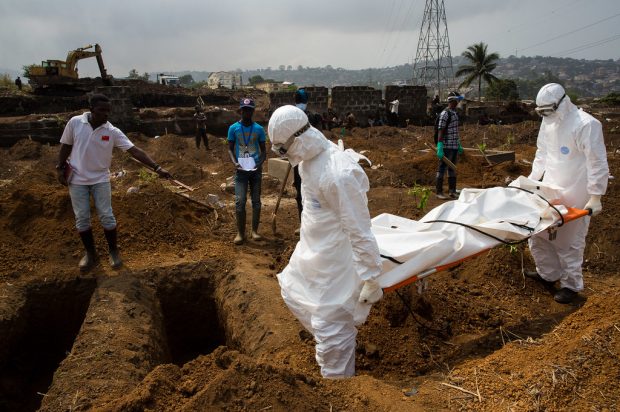Many ideas that sound good don’t work. Potentially useful policies and practice need to be properly tested and adapted. Scientists and engineers understand the importance of testing hypotheses and we have a duty to advocate for testing ideas out as part of any good practice approach to implementing solutions and providing strong evidence, and providing advice on how to do it.
The importance of multiple sciences.
One challenge of utilising science in Government is that it is often pulled into use as a result of customer demand (e.g. a crisis) rather than used by default as part of good evidence-based decision making. In the event of a crisis, it is often those with specialisms in hard sciences that are called on for matters that appear to only involve a single scientific discipline. For instance, during the 2014 West Africa Ebola crisis, epidemiologists were called on first, before the realisation hit that a broader set of scientific expertise (especially in social sciences) was required. This pattern often repeats itself in government, and highlights the need to champion the benefits that multiple different scientific expertises bring to even seemingly contained issues.

Working in policy
Some decisions in government are purely technical, and rightly the role of technical people in the sciences. Others are purely political. Most are some combination of the two, but the ratio varies. Understanding and respecting the politics at play is an important skill for scientists in government which many outside do not have or need, but a crucial part of this is for scientists and engineers to be empathic to those handling political judgement. Firstly, a political decision trumping a recommendation based solely on science is not necessarily a bad thing, and secondly, really quite rare. We need to trust that politicians know how to use a scientific recommendation on which they base their decision-making; our job is to make sure they understand the issues before they decide.
Highlighting the uncertainties with any evidence that drives a decision is key, and good scientific practice. As scientists and engineers, we need to communicate uncertainties and their significance if we are to maintain confidence in the value that science advisers offer. It is equally important that those drawing in the behavioural or social sciences, where there is often greater room for interpretation of the evidence and consequently, a higher chance of the evidence being contested, convey their findings and recommendations in a way that makes using them as palatable and straight forward as possible with the uncertainties understood.
Finally, it is essential for scientists and engineers to adapt their way of communicating with other professionals in Government. We all have as scientists and engineers, to not only to champion the use of good scientific technique in evidence-based work, but to foster a culture of togetherness with policy and decision-makers. We also have to understand the time pressures that policymakers are under, and in return make them aware that there is a trade-off between speed and quality for many technical pieces of work. Only then can we be confident that scientific and engineering advice will be better received and understood by those that use it.
Sign up to the GSE blog to receive an email when a new blog is published and keep up to date with the work of the GSE profession.







